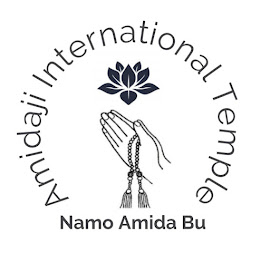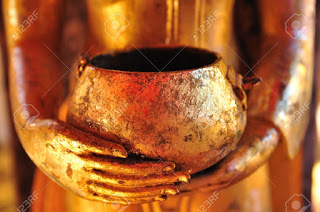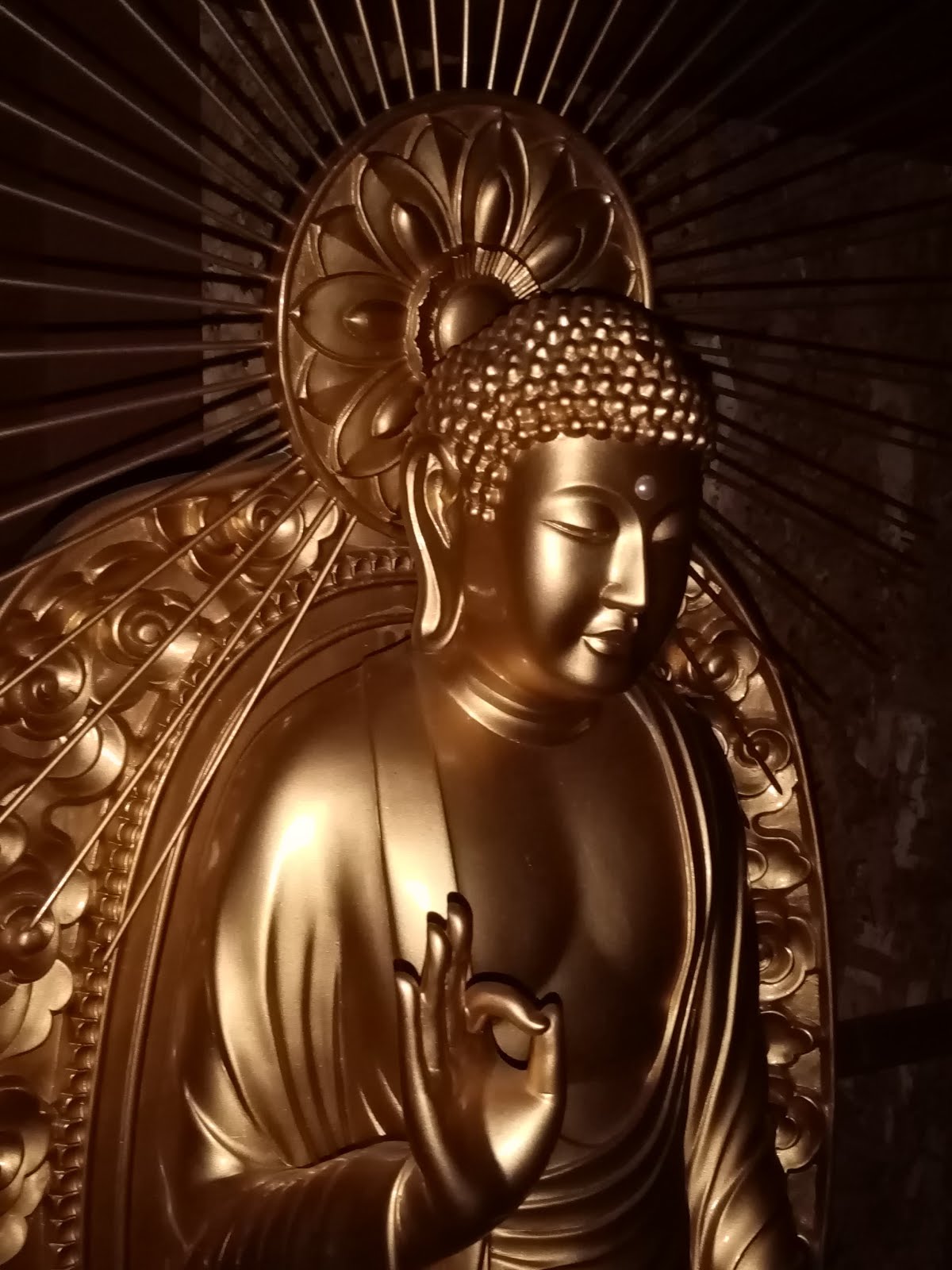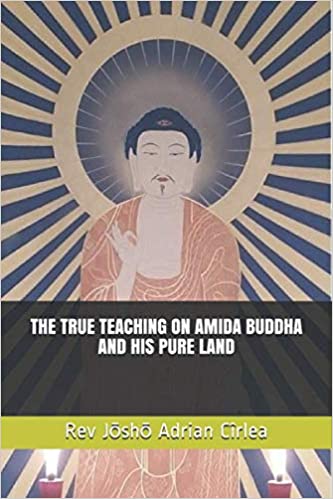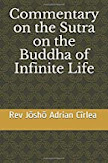There
are eight hot hells and eight cold hells. According to
Shakyamuni, and various Buddhist masters who explained them, these eight hells
have their own adjacent or neighboring hells (utsadas[1]):
“There are eight hells
there that I have revealed, difficult to get out of, full of cruel beings, each
having sixteen utsadas; they have four walls and four gates; they are as high
as they are wide; they are encircled by walls of fire; their ceiling is fire;
their sun is burning, sparkling fire; and they are filled with flames hundreds
of yojanas high.”[2]

